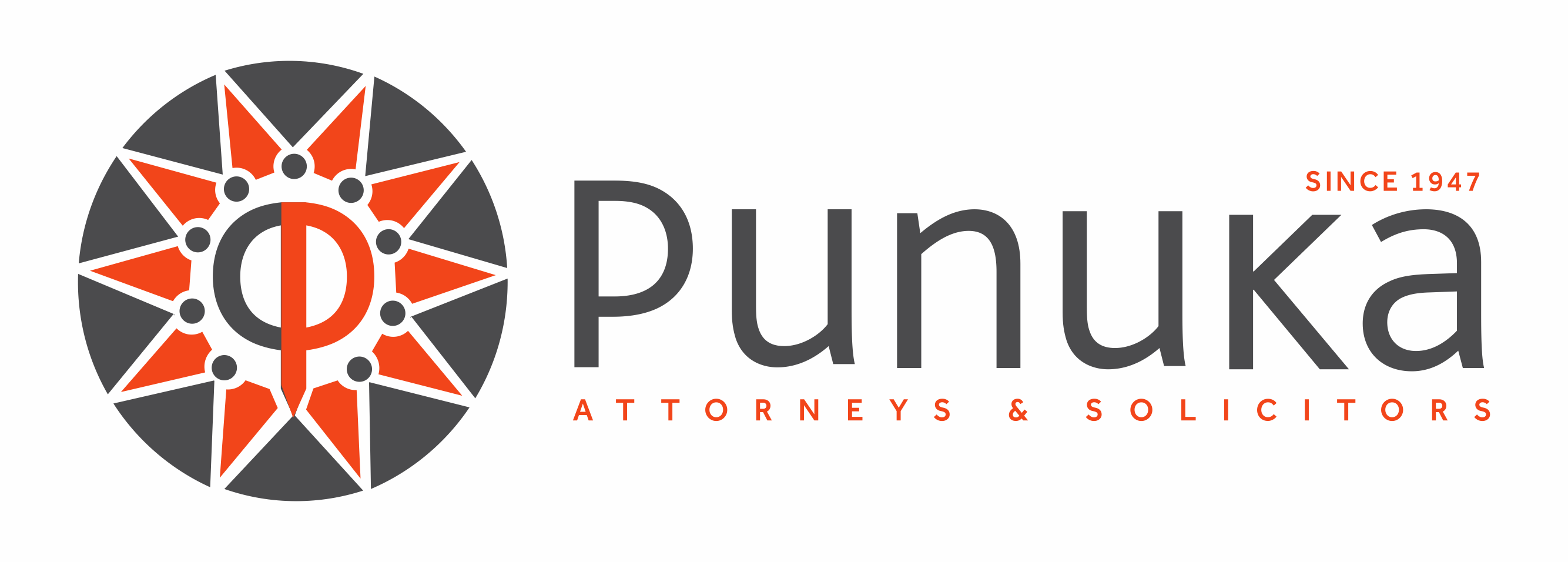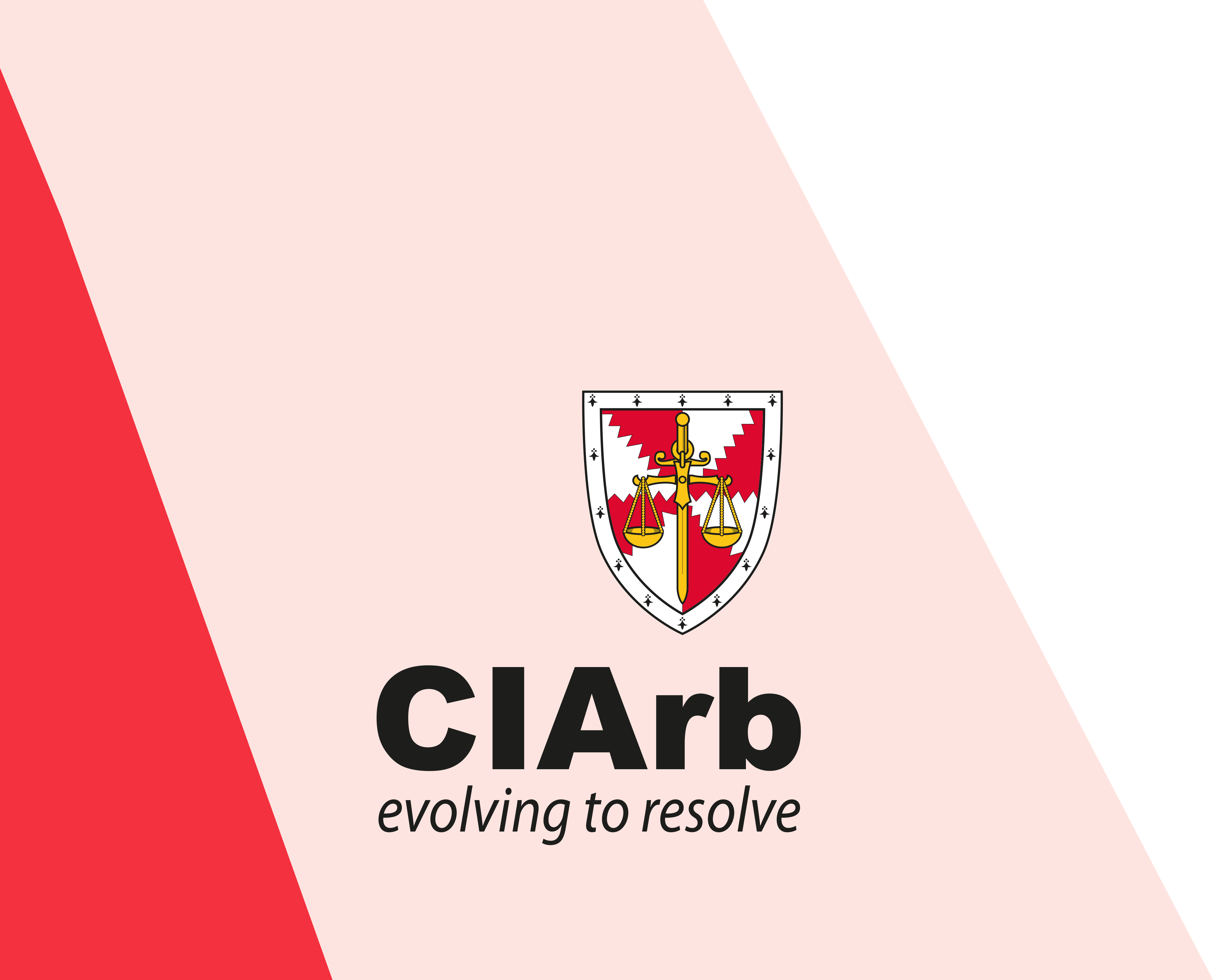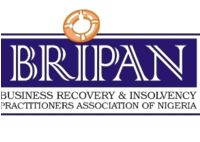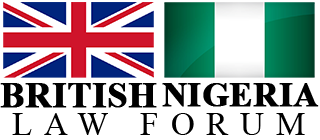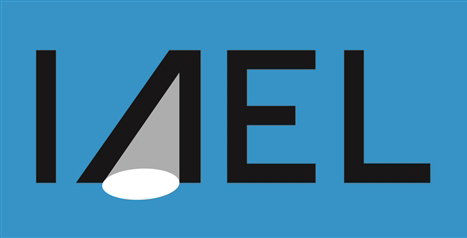Copyright is a class of intellectual property rights which protects literary, musical and artistic works. These include writings, music, works of fine art and computer programs. Copyright protection grants the author of such works exclusive control over the distribution, publication, reproduction or adaptation of the work within the territory.
Copyright in Nigeria is governed by the Nigerian Copyright Act, CAP C28, Laws of the Federation of Nigeria 2004, and administered by the Nigerian Copyright Commission. Nigeria is also a signatory to several international treaties such as the Berne Convention 1886, the Universal Copyright Convention 1952 and the WIPO Copyright Treaty 1996, which extends copyright protection to works internationally and when transmitted by digital means.
What are the conditions for a book to have copyright protection?
For a work to have copyright, it must be original; that is, not a copy of another person’s work. It must also be expressed or fixed in a definite medium. This means that an idea, a plot or storyline in one’s mind is not eligible for copyright protection. Simply, it is the expression of the idea that is protected.
Apart from originality and expression, the Copyright Act further requires either of the following conditions:
- The author is a Nigerian citizen or company domiciled in Nigeria or in a country which is a party to an obligation in a treaty or other international agreements to which Nigeria is a party, or
- The work was first published in Nigeria.
A literary works obtains copyright protection from the moment of its creation, provided it meets the conditions for eligibility. Therefore, an original work fixed in the medium of a book be it physical or digital that meets the above can be protected as a copyright.
Registration is not a pre-condition for copyright protection under Nigerian Law. However, the Nigerian Copyright Commission operates a voluntary copyright notification scheme, by which authors can ‘notify’ the commission and general public of their copyright in a work. This is beneficial where a person needs to prove their copyright ownership.
What rights are conferred by copyright?
The Copyright Act grants holders of copyright in literary works the exclusive right to do and authorise (or prohibit) the doing of any of the following acts:
- Reproduction of the book in any material form
- Publication
- Public performance
- Adaptation or translation
- Distribution to the public for commercial purpose
In addition, the copyright holder has economic and moral rights to the book. Economic rights refer to the right of the holder to derive financial benefits from the book. Thus, the above listed acts which the copyright holder can carry out exclusively are considered economic rights. Whilst moral rights refer to the author’s rights to oppose the distortion of a book in a manner that would adversely affect his reputation or the spirit of the work. It also covers the author’s right to be acknowledged as the creator of the work.
Under Nigerian law economic rights can be transferred or assigned to other persons whilst moral rights are perpetual and non-transferable therefore, they subsist in the author even after a total assignment of copyright. Thus, if the exercise of the economic rights by an assignee violate the moral rights of the author, the author could revoke the rights granted by invoking their moral rights.
Who has copyright protection in a book?
In the first instance, the author of a book owns the copyright, by the simple fact that they have created same. However, authors can partially or completely assign their copyright. Thus, the holder of a book’s copyright may be the author, the publisher, distributor or any other party to which the right has been assigned. Two or more of these parties may also jointly hold the copyright. It is not unusual to find that the publisher of a book is the copyright owner as opposed to the author, depending on the terms that have been agreed under the publishing agreement between the author and the publisher.
What is the duration of copyright protection?
In order to balance the interest of the right holder against public interest, copyright protection is not infinite. In Nigeria, a book’s copyright will expire seventy years after the end of the year in which the right holder dies. Where the right holder is the government or a corporate body, copyright will expire seventy years after the end of the year in which the book was first published. In the case of anonymous or pseudonymous books, copyright will expire seventy years from the end of the year in which the book was first published. However, once the identity of the holder is known, the duration shall be calculated from the year of his death.
Are there any exceptions to copyright protection?
The Nigerian Copyright Act provides several instances in which copyright protection will not apply, with respect to a literary work. They include the following:
- Fair dealing for the purpose of research, private use, criticism or reporting of current events
- Parodies or caricatures of the book
- An inclusion of not more than two excerpts of the book, in a collection for educational purposes
- Educational broadcast of the book
- Use by the government in the public interest, provided no revenue is derived from the book
- Use in a judicial proceeding or report of such proceeding.
It is important to highlight that there is a need to revise the Nigerian copyright law to limit the application of fair dealing as regards reproduction of works as the current wording allows for a flagrant violation of copyright in books through copying particularly in tertiary institutions.
What can the right holder do when copyright has been infringed?
Any person who deals with a book in a manner unauthorised by the right holder or the exceptions under the Act is deemed to have infringed on the copyright. The right holder can initiate a lawsuit against the alleged infringer at the Federal High Court and claim relief by way of payment of damages, injunction, order to account or otherwise.
In addition, the Copyright Act imposes criminal liability for infringement. The court can impose payment of fines or terms of imprisonment on a person so convicted. It can also order seizure of any infringing materials.
Finally, these protections conferred by law are to ensure that authors are adequately rewarded for time and skill expended in the creation of their works.
